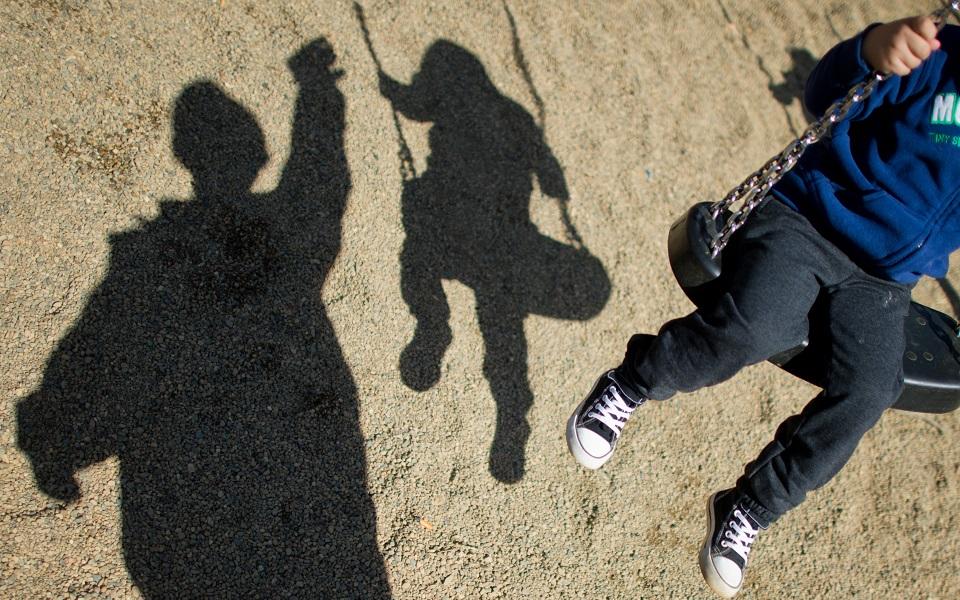Law creating policy-making body on adoption, child care signed

President Rodrigo Duterte has signed the law on Domestic Administrative Adoption and Alternative Child Care, Malacañang announced Thursday.
The new law, numbered Republic Act 11642, creates the National Authority for Child Care, which will have original and exclusive jurisdiction over all matters pertaining to alternative child care, including declaring a child legally available for adoption; domestic administrative adoption; adult adoption; foster care under Republic Act No. 10165 or the Foster Care Act of 2012; adoptions under Republic Act No. 11222 or Simulated Birth Rectification Act; and inter-country adoption under Republic Act No. 8043 or the Inter Country Adoption Act of 1995.
Likewise, the NACC, which will be under the jurisdiction of the Department of Social Welfare and Development, will also have the authority to impose penalties in case of any violation of the new law.
"The NACC should ensure that the petitions, and all other matters involving alternative child care, including the issuance of Certification Declaring a Child Legally Available for Adoption (CDCLAA) and the process of domestic and inter-country adoption, foster care, kinship care, family-like care, or residential care are simple, expeditious, and inexpensive, and will redound to the best interest of the child involved," the law, signed by the President last January 6 but only released on January 13, stated.
"Towards this end, the NACC Council will act as the policy-making body and when convened as such, as an en banc appeals committee for contested denials of petitions issued by the Executive Director or the Deputy Director for Services," it added.
The law defines alternative child care as provision of planned substitute parental care to a child who is orphaned, abandoned, neglected, or surrendered" by a child-caring for child-placing agency which include foster care, kinship care, family-like care, and residential care.
On the other hand, the law defines CDCLAA as the final written administrative order issued by the NACC declaring a child to be abandoned and neglected, and committing such child to the care of the NACC through a foster parent, guardian, or duly licensed child-caring or child-placing agency.
"The rights of the biological parents, guardian, or other custodian to exercise authority over the child shall cease upon issuance of the CDCLAA," the law stated.
Last but not the least, the law prohibits adoption discrimination acts such as labelling, shaming, bullying, negative stigma, among others,
The measure penalizes persons found guilty of such adoption discrimination acts with a fine of P10,000 to P20,000, at the discretion of the court. — BM, GMA News




